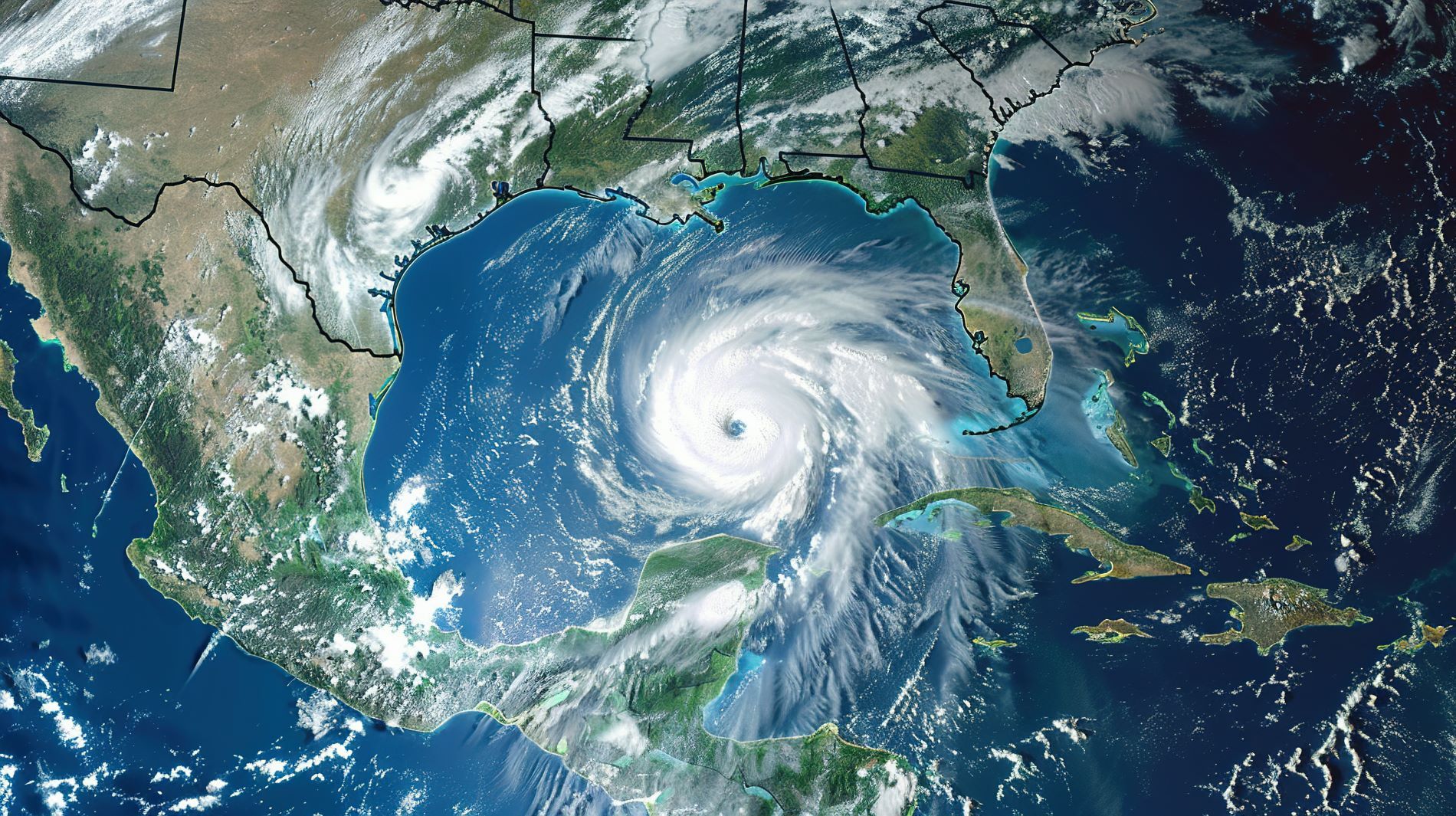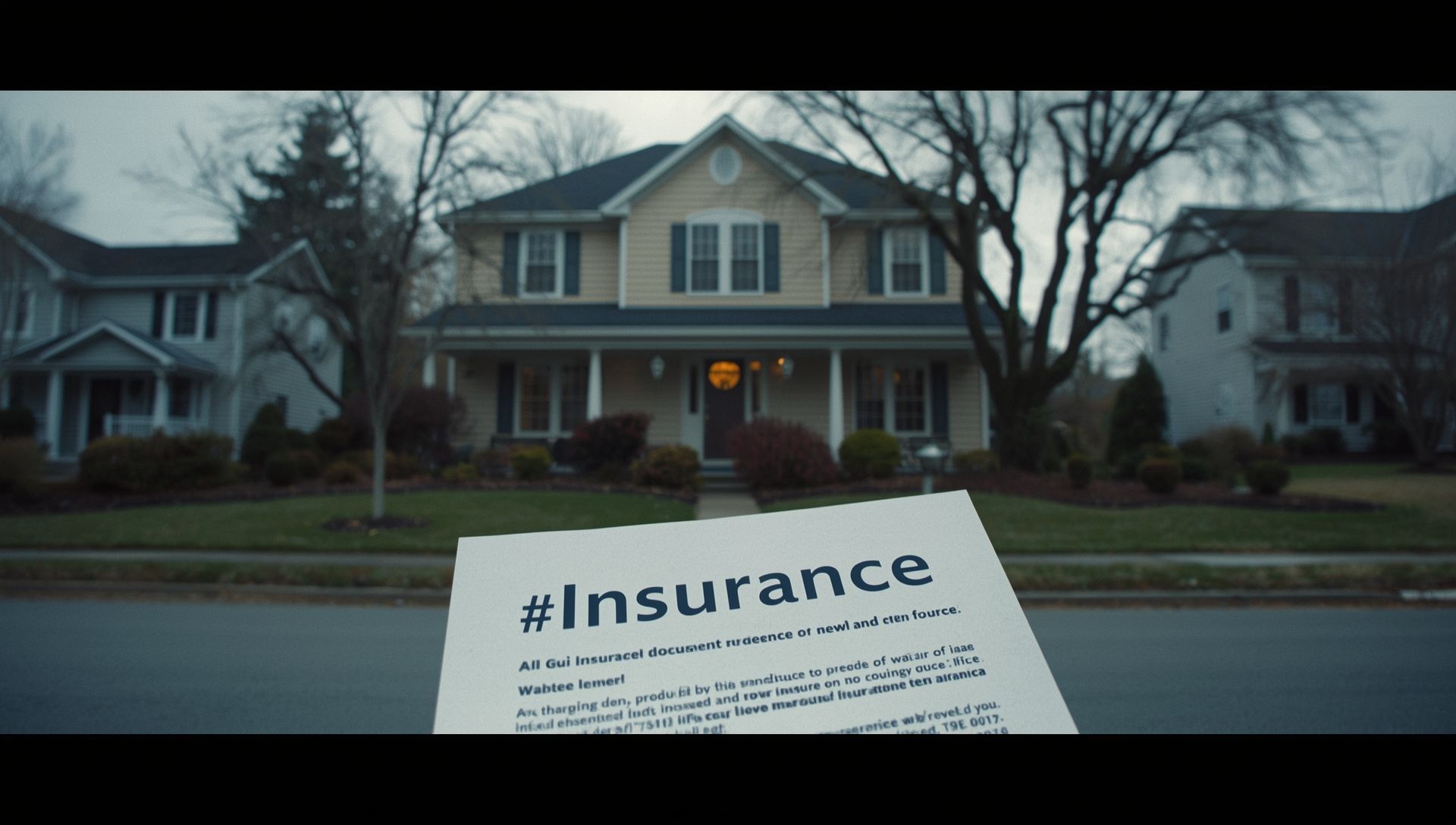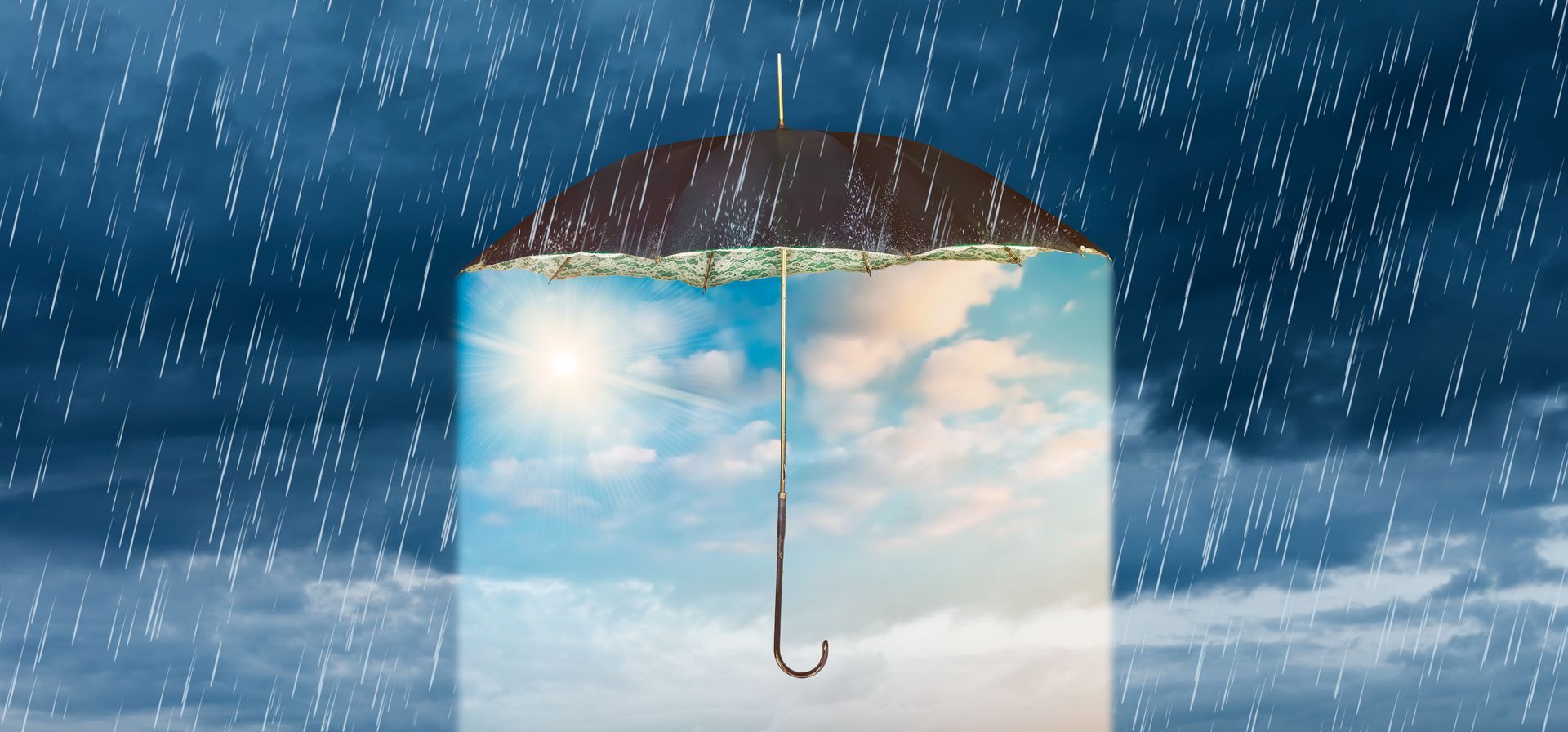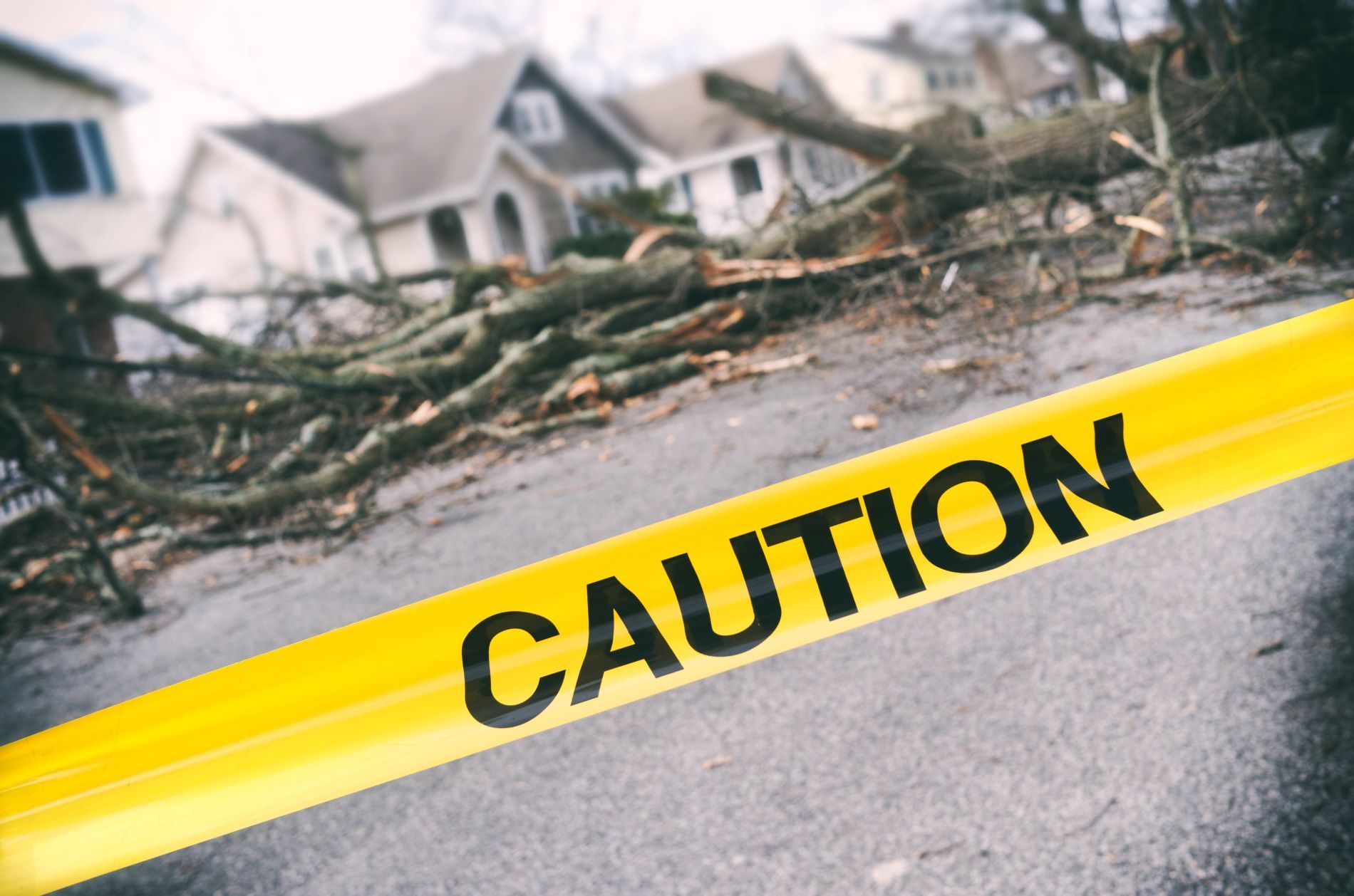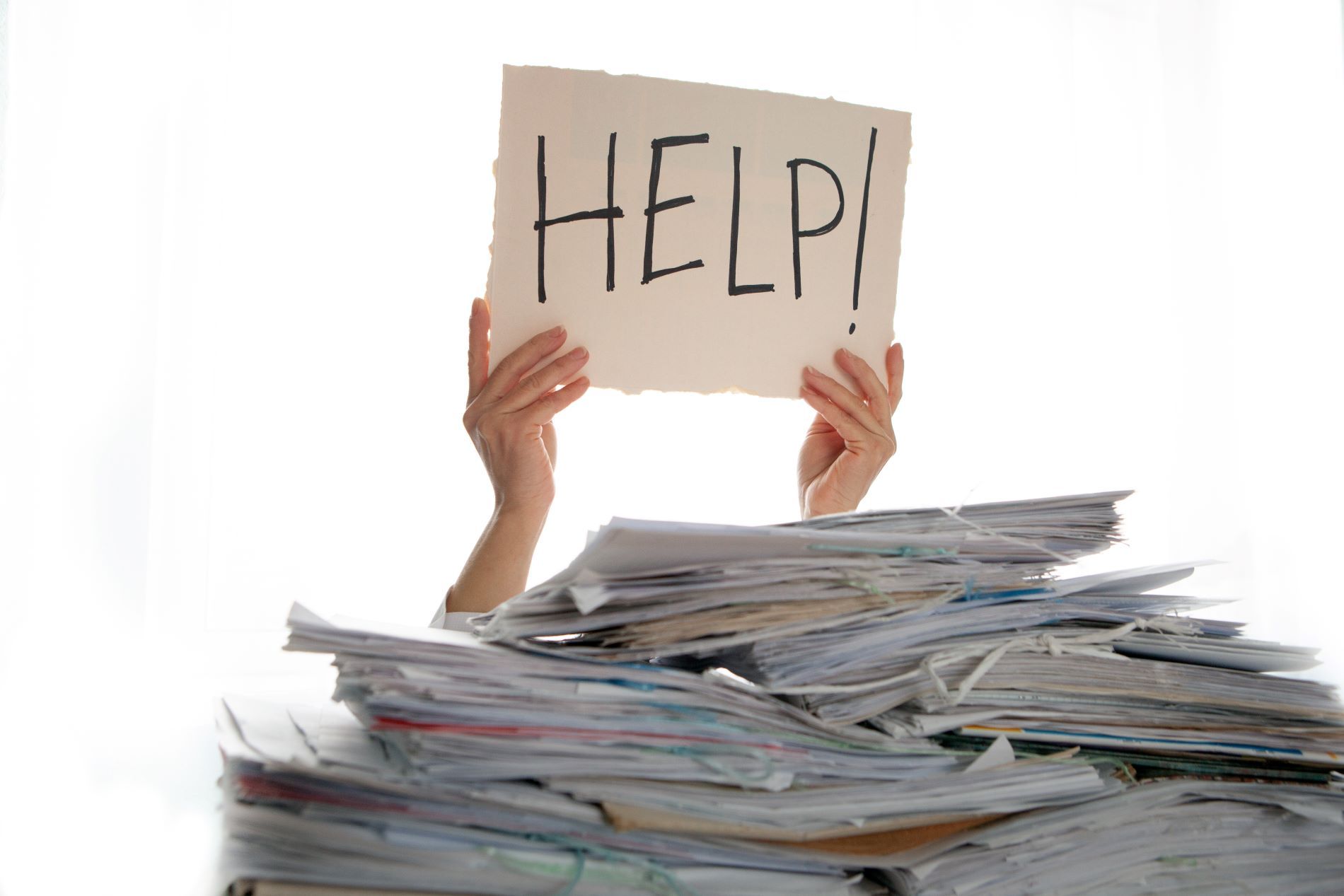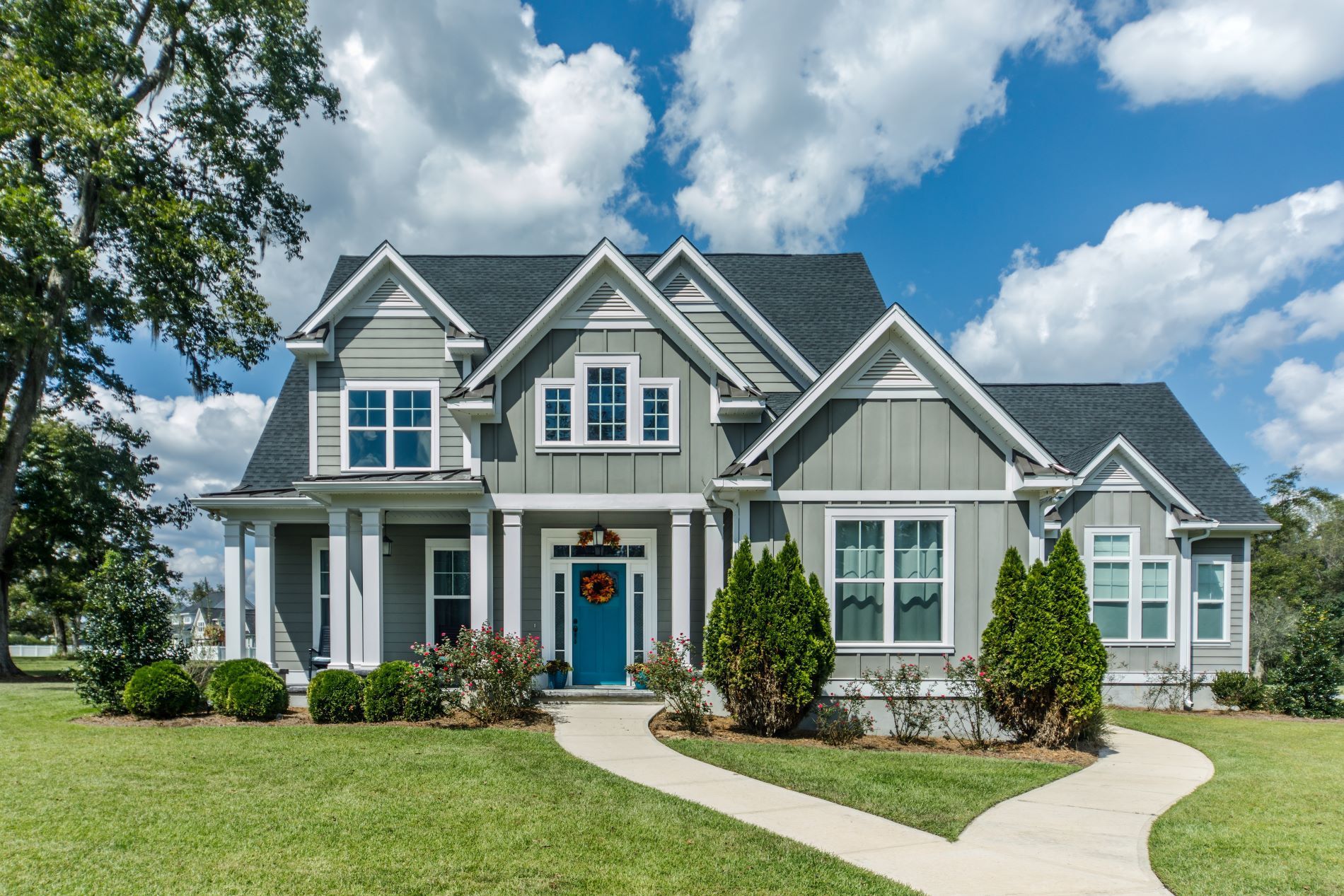Preparing for a Stronger-Than-Normal Hurricane Season: A 2024 Comprehensive Guide for Homeowners
2024 Atlantic Hurricane Season- What to Know

With the 2024 hurricane season predicted to be more active than usual, homeowners in hurricane-prone regions must take proactive steps to safeguard their families, pets, and homes. This comprehensive guide will walk you through the essential preparations, from securing your property to creating an emergency plan. Mitigating risk is the only way to keep your family and your property safe.
1. Pre-Hurricane Season Preparations
- Home Inspection and Reinforcement:
- Roof: Inspect for loose or damaged shingles and make necessary repairs. Consider reinforcing with hurricane straps or clips for added protection. Roof claims are the number one reason that consumers are deemed as high-risk for their homeowners insurance.
- Windows and Doors: Install impact-resistant windows or shutters to protect against flying debris. Reinforce garage doors and ensure all exterior doors have sturdy locks and hinges.
- Structure: Check for cracks or gaps in walls, foundation, and roofline. Seal them with caulk or weather stripping to prevent water intrusion. Water is the fastest growing reason for consumers to be deemed as high-risk for their homeowners insurance.
- Trees and Landscaping: Trim trees and shrubs to minimize the risk of branches breaking and causing damage. Secure loose objects like patio furniture or grills.
- Emergency Supplies:
- Water: Store at least one gallon per person per day for a minimum of three days.
- Food: Stock non-perishable items like canned goods, protein bars, and dried fruit. Don't forget a manual can opener.
- First Aid Kit: Include essential medications, bandages, antiseptic wipes, and any specific medical supplies your family needs.
- Other Essentials: Flashlights, batteries, portable radio, extra cash, whistle, important documents in a waterproof bag (insurance policies, IDs, medical records), and a change of clothes for each family member.
- Insurance and Important Documents:
- Homeowners Insurance: Review your policy to ensure it covers hurricane damage. Consider flood insurance if you live in a flood-prone area.
- Important Documents: Create digital copies and store them in the cloud or on a portable hard drive.
- Communication Plan:
- Family: Establish a meeting place outside of the evacuation zone and an out-of-state contact person in case family members get separated.
- Neighbors: Share contact information and create a buddy system to check on each other during and after the storm.
2. Pet Preparations
- Identification: Ensure your pets have collars with up-to-date ID tags and microchips.
- Emergency Kit: Prepare a separate kit for your pets, including food and water for several days, medications, a leash or carrier, familiar toys, and copies of vaccination records.
- Shelter: If you evacuate, research pet-friendly hotels or shelters in advance. Some boarding facilities may offer emergency services.
3. Evacuation Plan
- Know Your Zone: Determine your evacuation zone and follow local authorities' instructions.
- Routes: Plan multiple evacuation routes in case primary roads are congested.
- Timing: Leave early to avoid traffic and secure lodging. Don't wait for a mandatory evacuation order.
- Transportation: Ensure your vehicles are fueled and in good working condition.
4. During the Hurricane
- Stay Informed: Monitor weather reports and official announcements.
- Shelter: If instructed, take refuge in a designated shelter or a sturdy interior room away from windows.
- Safety: Stay indoors and away from windows. If power goes out, use flashlights instead of candles.
- Communication: Stay in touch with family and friends using your established communication plan.
5. After the Hurricane
- Safety First: Be cautious when returning home. Watch out for downed power lines, debris, and flooded areas.
- Assess Damage: Document any damage to your home for insurance claims. Take photos or videos before starting any repairs.
- Recovery: Seek assistance from FEMA or other disaster relief organizations if needed. Help your neighbors and community rebuild.
Additional Tips:
- Sign up for local alerts: Many communities have text or email alert systems for emergency notifications.
- Teach your children: Educate them about hurricane safety and involve them in creating the family emergency plan.
- Consider a generator: If feasible, a portable generator can provide power for essential appliances during outages.
- Maintain a well-stocked pantry: Keep extra non-perishable food and water on hand year-round.
By taking these proactive steps, you can significantly increase your preparedness for the upcoming hurricane season and ensure the safety of your loved ones and your home. Remember, early preparation is key to weathering any storm.
FAQ - Hurricanes and Homeowners Insurance Claims
1. What are some of the most destructive hurricanes in terms of property damage?
Several hurricanes have caused extensive property damage throughout history. Some of the most notable include:
- Hurricane Katrina (2005): One of the costliest hurricanes, causing an estimated $125 billion in damage, primarily in New Orleans and along the Gulf Coast.
- Hurricane Harvey (2017): Resulted in about $125 billion in damage, with severe flooding in Houston and surrounding areas.
- Hurricane Maria (2017): Caused approximately $90 billion in damage, particularly devastating Puerto Rico.
- Hurricane Sandy (2012): Led to around $70 billion in damage, affecting the Northeastern United States.
- Hurricane Andrew (1992): Inflicted around $27 billion in damage, mainly in Florida.
2. What are the primary types of property damage caused by hurricanes?
Hurricanes can cause various types of property damage, including:
- Wind Damage: High winds can tear off roofs, break windows, and damage structures.
- Flooding: Storm surges and heavy rainfall can lead to significant flooding, damaging homes, infrastructure, and personal belongings.
- Debris Impact: Flying debris from high winds can cause additional structural damage.
- Power Outages: Hurricanes often result in extended power outages, which can lead to further damage and inconvenience.
3. How do homeowners insurance policies typically cover hurricane damage?
Homeowners insurance policies usually cover:
- Wind Damage: Most standard policies cover wind-related damage to the structure and personal property.
- Water Damage: Flood damage is typically not covered under standard homeowners insurance and requires a separate flood insurance policy. However, water damage from rain entering through a wind-damaged roof is usually covered.
- Additional Living Expenses: If a home becomes uninhabitable due to hurricane damage, many policies provide coverage for additional living expenses, such as hotel stays and meals.
4. What steps should homeowners take to file an insurance claim after a hurricane?
After a hurricane, homeowners should:
- Document the Damage: Take photographs and videos of all damage before making any temporary repairs.
- Secure the Property: Make temporary repairs to prevent further damage (e.g., tarping a roof). Keep receipts for any expenses incurred.
- Contact the Insurance Company: Notify your insurance company as soon as possible to start the claims process.
- Meet with an Adjuster: An insurance adjuster will assess the damage and estimate the cost of repairs.
- Review the Claim: Once the adjuster’s report is completed, review it and discuss any discrepancies with your insurance company.
5. What can homeowners do to prepare for a hurricane and minimize potential damage?
To prepare for a hurricane, homeowners can:
- Strengthen the Home: Install storm shutters, reinforce garage doors, and ensure the roof is secure.
- Create an Emergency Kit: Include essentials like water, non-perishable food, medications, and important documents.
- Develop an Evacuation Plan: Know the local evacuation routes and have a plan for where to go if evacuation is necessary.
- Review Insurance Coverage: Ensure that homeowners and flood insurance policies are up to date and provide adequate coverage.
6. How has hurricane damage influenced changes in homeowners insurance policies?
The significant damage from historic hurricanes has led to:
- Increased Premiums: Higher premiums in hurricane-prone areas to reflect the increased risk.
- Stricter Underwriting: More rigorous criteria for issuing policies in high-risk areas.
- Higher Deductibles: Introduction of hurricane deductibles, which are higher than standard deductibles and typically a percentage of the home’s insured value.
- Encouragement of Mitigation Measures: Incentives for homeowners to take preventive measures, such as fortifying their homes, which can lead to premium discounts.
